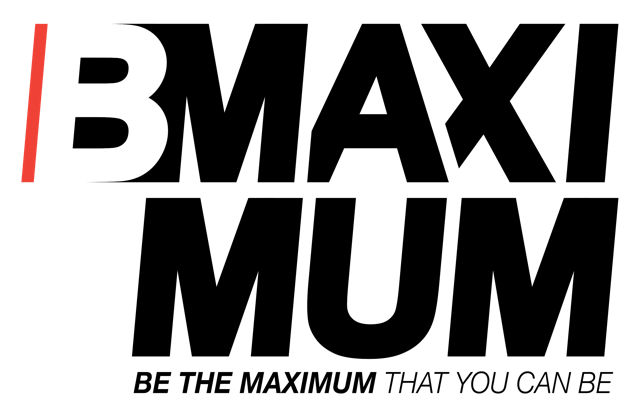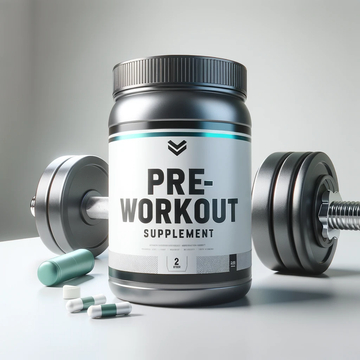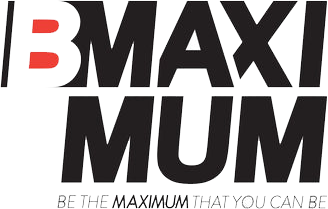
Pre-workout supplements are popular among fitness enthusiasts for their potential to boost energy, focus, and performance during workouts. However, there are many misconceptions surrounding these supplements that can lead to confusion or misuse. In this blog post, we'll debunk five common myths about pre-workouts and provide you with a clearer understanding of their benefits and limitations.
Misconception 1: Pre-Workouts Are Necessary for a Good Workout
Reality: While pre-workouts can enhance performance, they are not essential for a successful workout. Many athletes and gym-goers achieve excellent results without using any supplements. Pre-workouts are designed to provide an extra boost, but factors like proper nutrition, hydration, and adequate rest are far more critical to overall performance and health.
Misconception 2: All Pre-Workouts Are the Same
Reality: Pre-workout supplements come in various formulations, each with different ingredients and dosages. Common ingredients include caffeine, beta-alanine, creatine, L-Citrulline-DL-Malate, and various amino acids. Some pre-workouts focus on energy and focus, while others target muscle endurance or pump. It's important to read labels and understand the ingredients to choose a pre-workout that aligns with your specific fitness goals.
Misconception 3: More Is Better
Reality: Taking more than the recommended dose of a pre-workout can be harmful. High doses of stimulants like caffeine can lead to side effects such as jitteriness, anxiety, and heart palpitations. Always start with the lowest effective dose to assess your tolerance and avoid potential negative effects. Remember, supplements are meant to complement your workout, not compromise your health.
Misconception 4: Pre-Workouts Will Automatically Make You Stronger and Faster
Reality: Pre-workouts can enhance your workout by providing extra energy and focus, but they are not a substitute for hard work and proper training. They won't magically make you stronger or faster. Consistent training, a balanced diet, and adequate recovery are the foundations of athletic improvement. Pre-workouts should be seen as a tool to help you maximize your efforts, not as a shortcut to success.
Misconception 5: You Can't Take Pre-Workouts on an Empty Stomach
Reality: Many people believe that pre-workouts should always be taken with food to avoid stomach upset. While this might be true for some individuals, it is not a universal rule. Some people find that they can take pre-workouts on an empty stomach without any issues and even experience enhanced effects due to faster absorption. It's essential to listen to your body and determine what works best for you. If you experience discomfort, try taking your pre-workout with a small snack.
Conclusion
Pre-workout supplements can be a valuable addition to your fitness regimen, providing an extra boost to help you reach your goals. However, it's essential to understand their limitations and potential risks. By debunking these common misconceptions, you can make more informed decisions about using pre-workouts and optimize your workout routine safely and effectively.
Remember, supplements are just one piece of the puzzle. Focus on maintaining a balanced diet, staying hydrated, getting enough sleep, and following a consistent training program to achieve the best results. And always consult with a healthcare professional before starting any new supplement regimen.







